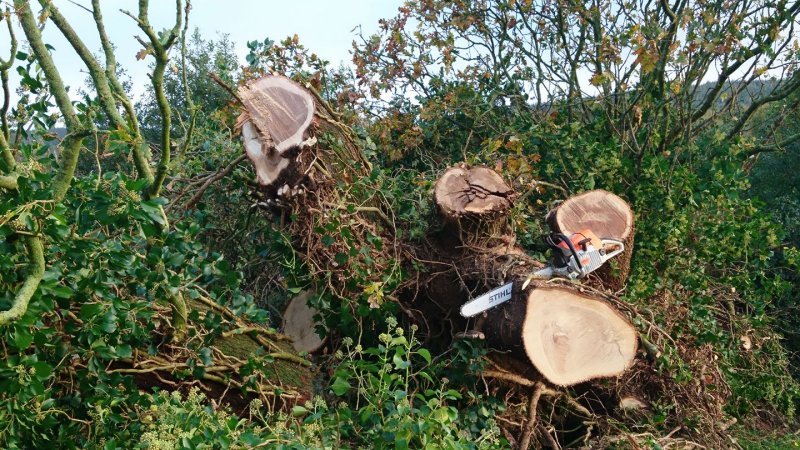That's only part of the picture.
In those days, many wildfires -- possibly most, I haven't looked it up -- were started by sparks from railroad travel in remote places where fire suppression was impossible. This was during the logging boom of the steam era. They'd punch a line in with no right-of-way because it was temporary, log out the area, then rip up the tracks and move them to the next site. This practice did not last long, and neither did that rash of fires. That was not an ecological phenomenon but, rather, another human one. For a "real" picture of what fire rates "used to be like", you'd have to go to the last time temperatures were more-or-less like they are now, but prior to the Industrial Revolution... which came on the tail of the Little Ice Age. So, maybe 500 years ago? There's not a lot of stands old enough to hold good tree-ring data to reconstruct that sort of information, and there sure wasn't a significant... uhh, fire media, I guess?
At any rate, it's head-in-the-sand contrarianism to argue that there's not an ecological impact as a result of human activity, or that we shouldn't expend effort and resources to do better. I get in the round-and-round with the Wildlife folks all the time about how far is appropriate -- for example, when a wildlife biologist and I look at a snag, I see a hazard and they see habitat. Still, we are on the same team and the push and pull between priorities is natural and productive. Science isn't fascism. It's a process, and it's fallible, and it learns and improves. Patience.










